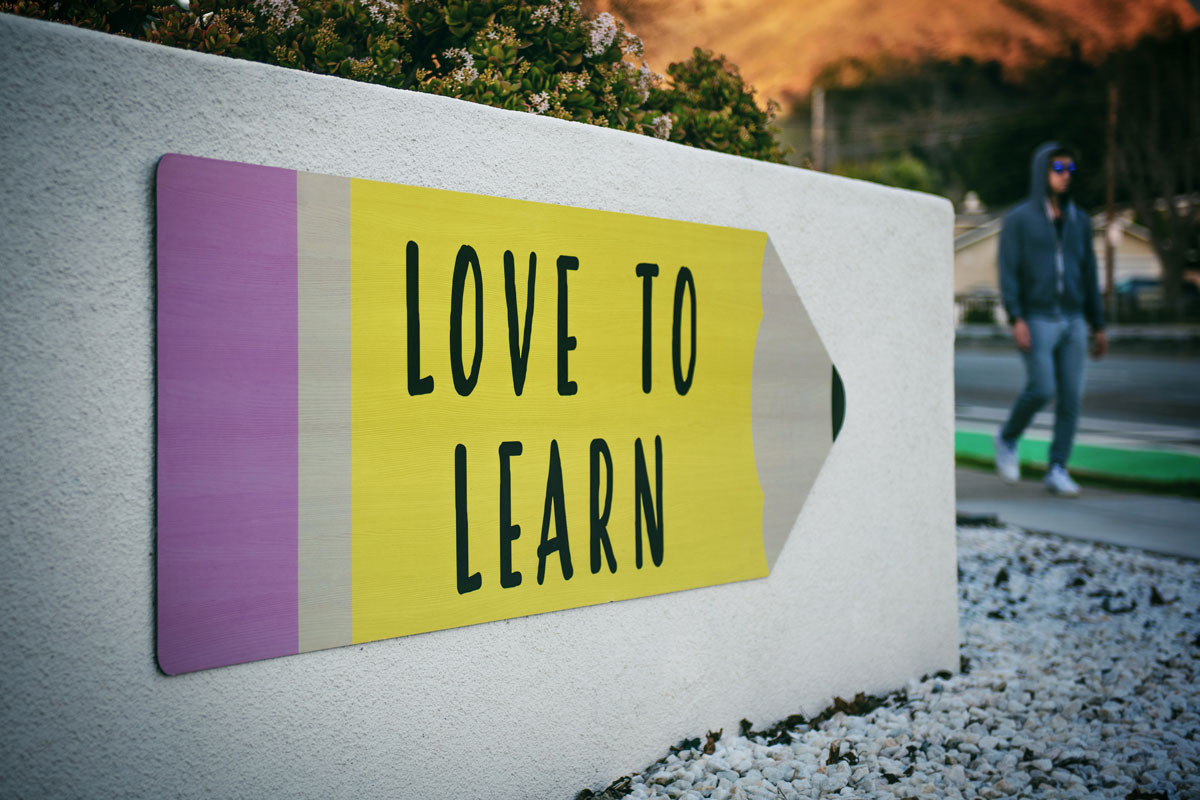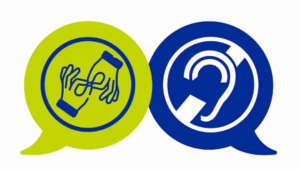After you’ve finished university – especially if you’ve attended graduate school – it can be tempting to think you’re done with learning.
Further Education is for you
You might acquire some new skills or take a workshop here and there, but no more homework or exams, right?
In truth, learning is a lifelong pursuit, with the benefit of adulthood being the freedom you have to structure it. And given the distractions of working life, some structure is useful to keep any further education you choose on track.

The intention of this post is to help you decide how to obtain the knowledge most useful to you.
Global Arena’s Learning and Development division has a wide variety of course offerings available to prospective learners from all backgrounds. Let’s go through some of the options, their benefits, and the particularities of these courses:
Which courses are available?
The company’s new offers are designed for the development of language professionals; and those who use their services.
Did you know that interpreters take classes to shape their language fluency into a professional skill? In turn, you can educate yourself about their needs as contractors and obstacles they face, to become a better client. You can learn about proper behavior in a setting where you might be in contact with Deaf or bilingual individuals. And if you’re an interpreter, there are courses on topics like workplace safety and healthcare confidentiality that are useful refreshers.
Of course, you might also just want to learn a language or gain some cultural expertise before traveling or relocating. That’s fine, too many translators and interpreters double as teachers and tutors to help you continue your foreign language education.
How do we configure the courses?
There are different options that we can adjust to the student’s schedule and abilities. Most of the courses are rather short; and can be completed through e-learning modules capped by a final assessment. The e-learning courses can be interactive or lecture style, but are useful for learners who want to gain knowledge quickly. For more nuanced topics, face to face interaction with an experienced teacher who can field questions is a better choice. We can configure the courses to take them individually or in small groups. Why not bring a friend or a coworker? And if you’re not local, you can avail yourself of Global Arena’s virtual classroom to advance your education long-distance.
How can I tell if I’m learning anything?
Self-assessment is tough when you’re diving into a topic for the first time, which is why evaluations are so important. Each course features opportunities for review throughout so you can verify that you are absorbing and retaining the information.
Remember that everyone has a different style and speed of learning, and teachers will do their best to accommodate you. But even if you master all the review activities and ace the quizzes, the best test is your everyday life. Put your knowledge into practice, share and discuss it with others, and be willing to seek out further information yourself.
Don’t hesitate to ask questions either, to your teacher or to the Learning and Development team; they’re here to help!
What if none of these feel right for me?
For learners who feel confident enough in their abilities; there is the option of a course customized to your needs. As other blog posts have discussed, language service providers have a lot of professional knowledge across disciplines to draw from. Maybe you want to specifically learn about translation management best practices, or get a crash course in international desktop publishing.
You might want to consult with the team for recommendations if, like Socrates, you know how much you don’t know.
If you’re already something of an autodidact, it can be tough to hold back from forging out on your own. But teachers and assignments do more than transmit and test information; they add context and practicality to what you learn.
Ultimately, only you can decide whether it’s worth it to invest in the courses that can enrich your professional life. But even if you rarely have the opportunity to use what you’ve learned, do share it with others. You never know who among your acquaintances might be desperate for some tidbit that you picked up through further education. Spreading that knowledge helps make a more informed world, fostering the togetherness that translation and interpreting are here to create.




